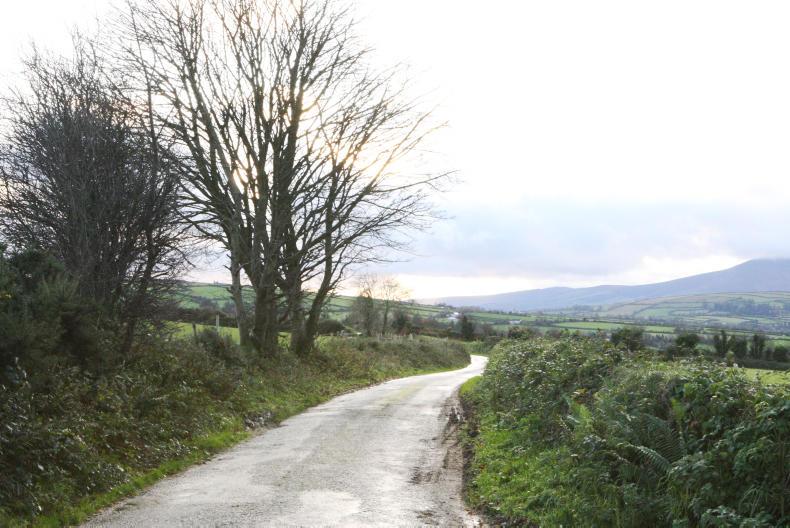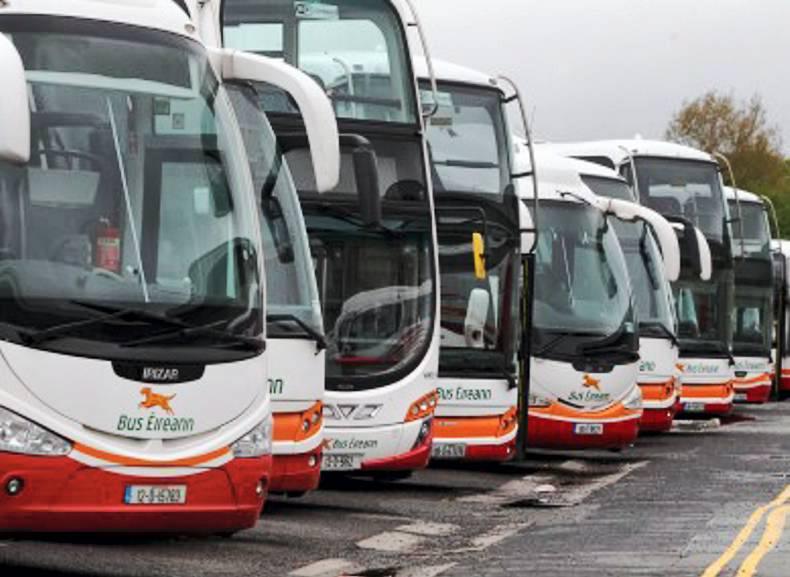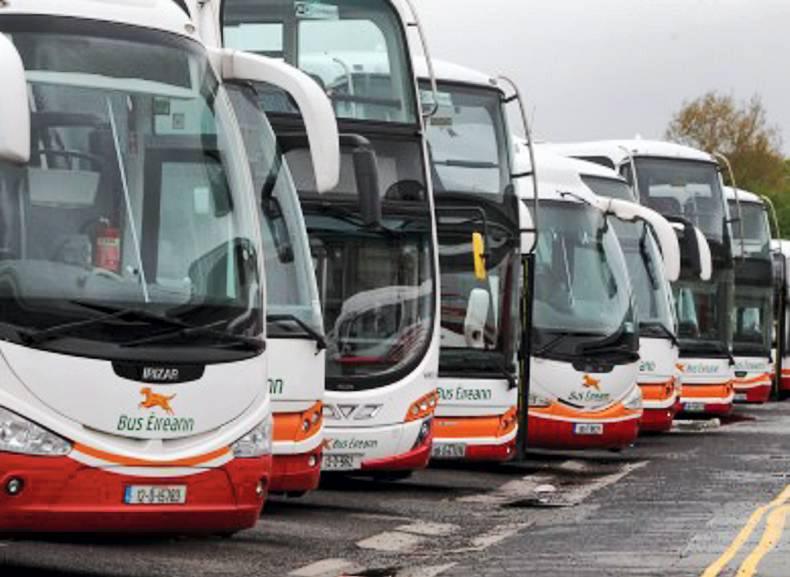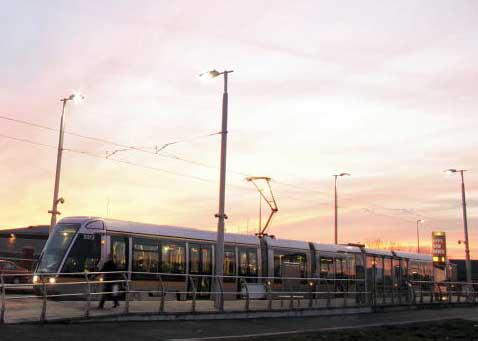The Bus Éireann strike is causing disruption to the travelling public in several provincial cities, where suburban services are affected and in many rural areas. But on the main inter-urban routes, there has been less inconvenience caused. The private bus companies already had a strong market share on many routes and have put on extra capacity. Irish Rail also offers intercity services and not all of them have been disrupted. There is no dispute with railway staff although some of them have declined to pass pickets placed by striking Bus Éireann workers.
The limited inconvenience caused by the strike illustrates the nature of the Bus Éireann dilemma. The company is not a vital transport resource anymore for large numbers of people. Car ownership is widespread and there are competing public transport providers.
Minister for Transport Shane Ross has declined to bring the Exchequer’s chequebook along to the negotiations. When trade unions and opposition politicians call for ministerial intervention, this is what they have in mind. Any dispute about payroll costs in a state-owned company can be resolved by pledging more taxpayers’ money and the Government must be conscious that a bailout for Bus Éireann would set a precedent.
RTÉ has been losing money in recent years despite enjoying income from both the licence fee and the advertising market, a privilege not available to state broadcasters in many other European countries including the UK. An Post is considering the closure of many of its 1,100 post offices in the face of rising losses and the inexorable decline in mail volumes.
Markets
In all three cases, the state company in trouble operates in markets that cannot be insulated from competition: private bus companies in the case of Bus Éireann, private radio and TV stations in the case of RTÉ and the convenience of email, which has hit demand for the postal service. How often do you receive a personal communication, other than a bill, in the post?
Companies which incur occasional losses in tune with the economic cycle can tighten operational costs and hope for an economic upturn. But if the losses look permanent, something more radical is required. The response of RTÉ’s director general was to propose that the licence fee be doubled from the current €160 per annum. It has become difficult to collect the fee at the €160 level and the minister responsible rejected the suggestion. He doubtless recollects that the water charge was supposed to cost about the same and resulted in nationwide protests. People can now access TV programmes through laptops and smartphones and some Government officials are reportedly thinking of ways to impose a tax on these devices. A nationwide team of RTÉ stop-and-search inspectors is not likely to have great political appeal either. The chief executive of An Post wants the cost of a postage stamp raised from 72c to a €1, guaranteed to shrink mail volumes further.
The problems at all three companies are not new and derive from long-run negative trends that have been evident for many years. Even in the state sector, persistent losses are unsustainable and Bus Éireann is merely the first of the three where the problem has come to a head. There could be a major industrial relations row in RTÉ over redundancies unless sweeteners are offered to induce enough early retirements. There will be political resistance to the rationalisation of the enormous network of rural post offices.
The least acceptable feature of the Bus Éireann losses is the failure of the Expressway intercity routes. These were not loss-making until recently and operate on busy routes such as Limerick to Dublin and Galway to Dublin. Private operators are able to survive without subsidy. Bus Éireann faces heavily subsidised competition from Irish Rail but so do the private bus companies. The position is different with services in provincial cities: urban bus companies are offered subsidies, in the interest of combatting peak-time congestion on road networks, in most counties. Equally, there is a case for subsidisation of transport in thinly populated rural areas. But there is no case for persevering with Expressway unless unions and management can agree on the necessary changes.
If the strike continues, there will be inconvenience for those users with no ready alternative. That there are not very many of these is the heart of the problem and the Government needs to consider how their needs can be met at lowest possible cost. In the meantime, the minister should keep the taxpayers’ chequebook out of sight.









SHARING OPTIONS